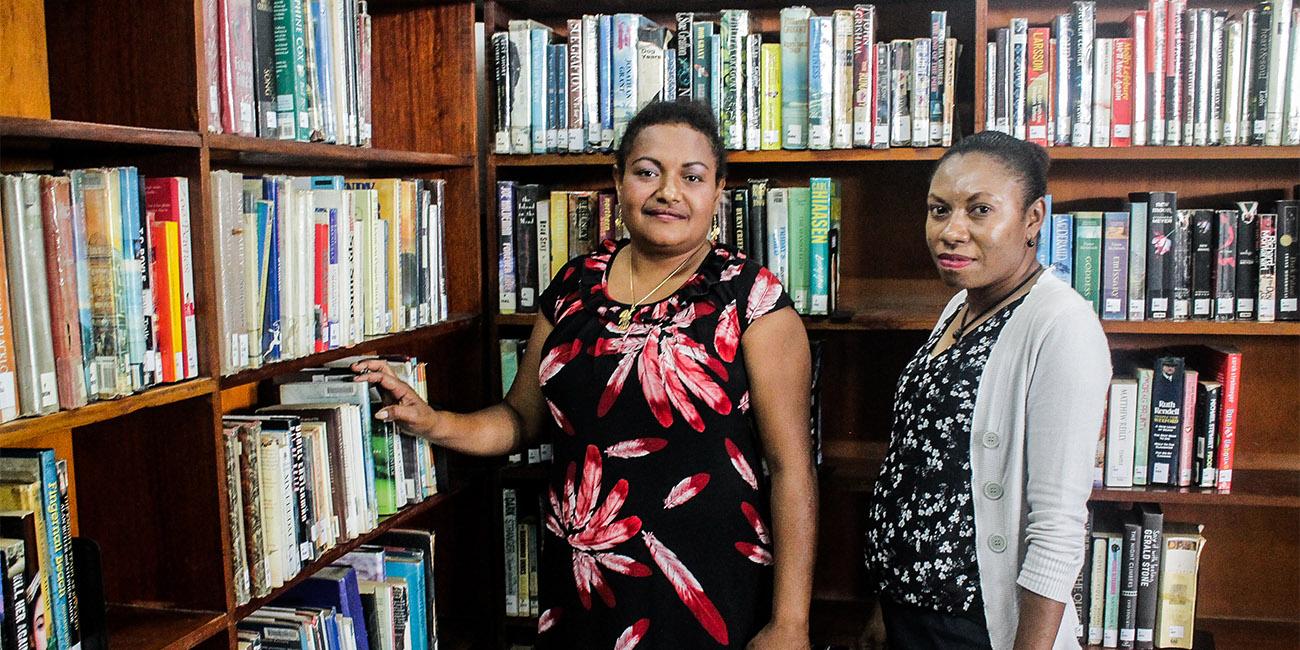
Research4Life User Review
Research into user experiences will inform Research4Life’s future work in reducing the knowledge gap between researchers in industrialized nations and those in low- and middle-income countries.
Research4Life, which works to address global imbalances to access to scientific and professional information, has appointed a team led by INASP to conduct an independent and wide-ranging review of Research4Life’s users’ experiences across a range of countries and institution types. The user review will inform decisions on the long-term strategy behind Research4Life’s programme development, content expansion, user training and support, and technical upgrades.
Research4Life comprises five programmes (Hinari, AGORA, OARE, ARDI and GOALI). The aim of Research4Life is to reduce the knowledge gap between industrialized nations and low- and middle-income countries (LMICs) by providing free or low-cost access to peer-reviewed academic and professional content. The five programmes are widely available in more than 120 countries in the Global South, providing access to up to a hundred thousand journals, e-books and other resources.
To inform future developments, the user review researched, identified and analysed:
- Patterns and trends in the use of Research4Life content from 2015 to now.
- The perceived value of Research4Life’s training, outreach, platform and contents by users.
- The impact of the programmes on the (scientific) productivity users.
- Constraints affecting the wider use of Research4Life, particularly relating to technical problems or the quality of the user experience.
The work involved a desk-based review of available institutional monitoring and other data collected across Research4Life; 64 in-depth interviews of stakeholders in 11 countries; case studies of the usage journey and experience of a range of users in two countries; and a survey of users in 85 countries.
Key conclusions and recommendations are now available here (at the bottom of the page). The findings were summarised in a webinar in June 2021:
Photo: Two Research4Life users during a workshop in Papua New Guinea, December 2019

